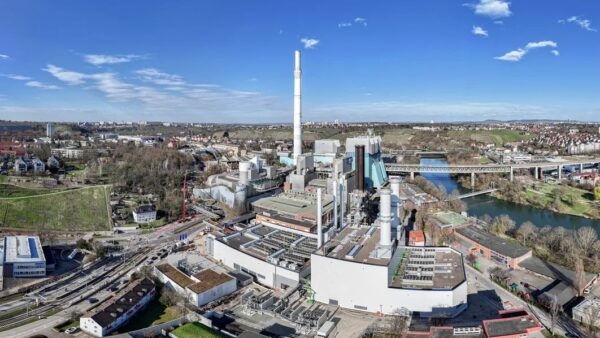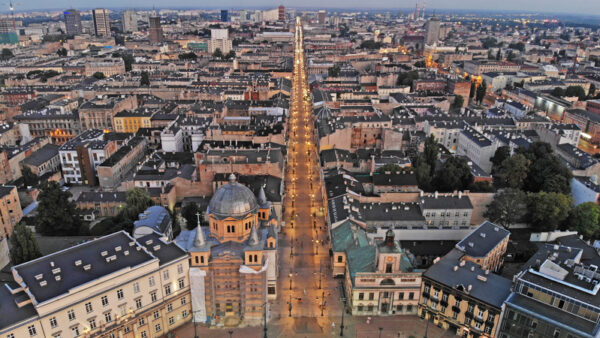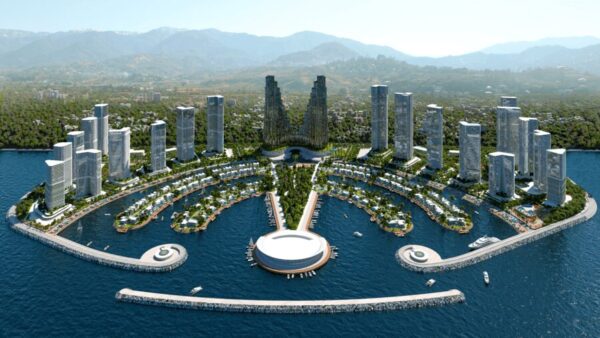
Germany will have to spend €120bn if it is to make its public buildings carbon neutral by 2045, according to a report commissioned by the German Energy Agency (DENA).
The work will involve refurbishing buildings to improve insulation as well as the installation of more efficient heating systems. This work will have to be carried out at a faster pace than at present if the 2045 deadline is to be met.
The report was written for the DENA by consultancy Prognos and the Fraunhofer Institute for Solar Energy Systems.
It finds that the cost of creating more energy-efficient public buildings would be offset by savings of €45bn by 2045, and the investment would be recouped by 2065.
It recommended that the government make “substantial upfront investments” available, particularly in poorer areas that require more federal support.
It added that Germany’s limit on new debt presented difficulties, but that the government could consider setting up a special-purpose fund.
Corinna Enders, the chair of DENA’s management board, commented: “Politicians must create the necessary framework conditions for scalable business models for the refurbishment of public buildings.”
The DENA added that although the heating transition would be a “mammoth task”, it could provide a role model for the private sector to follow.
- Subscribe here to get stories about construction around the world in your inbox three times a week.
Further reading:










